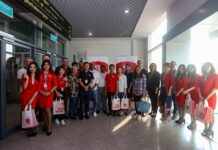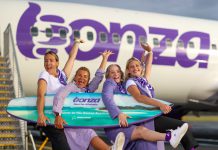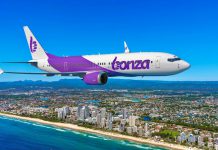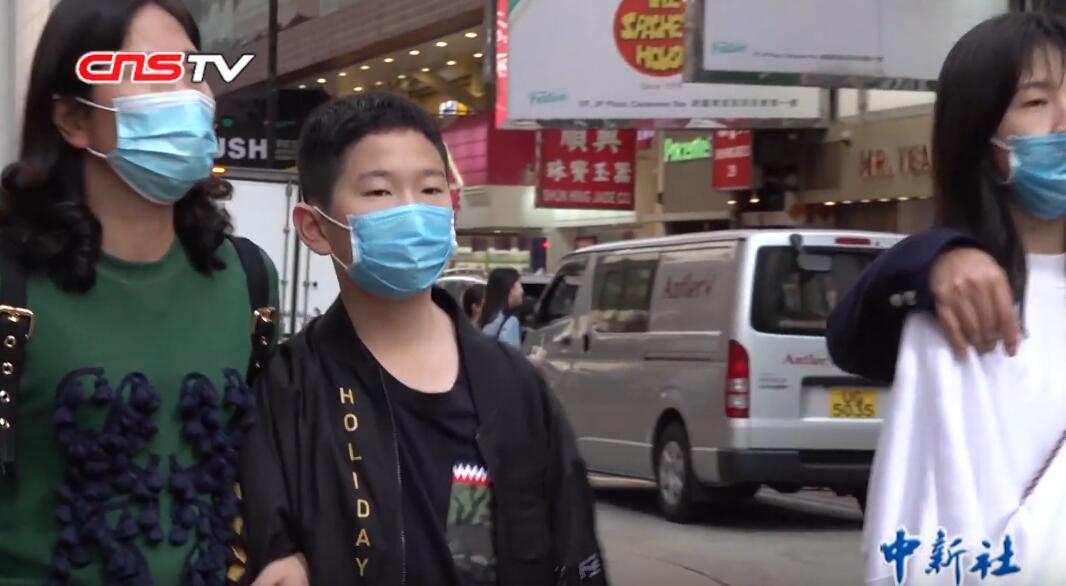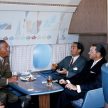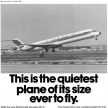Asia-Pacific airlines have urged governments to resist the temptation to introduce travel restrictions because of the COVID-19 pandemic.
The Association of Asia Pacific Airlines (AAPA) said the spread in the majority of countries was now predominantly through local transmission rather than from imported cases.
It noted that the World Health Organisation, which upgraded the outbreak to a pandemic Wednesday (European time), had repeatedly advised against travel or trade restrictions as such measures are generally ineffective.
READ: Airlines brace as WHO declares coronavirus fears.
It also pointed to the significant disruptions caused by travel restrictions to supply chains, commerce, trade and peoples’ livelihoods due to the severe economic impact.
A March 10 WHO situation report indicated some 90 countries have introduced some form of travel restrictions but only 45 States had informed the health organization or provided a public health rationale as required under international regulations.
It also noted that travel restrictions must be based on a careful risk assessment, be proportionate to the public health risk, be short in duration, and be reconsidered regularly as the situation evolves.
AAPA director-general Andrew Herdman said the proliferation of travel restrictions worldwide, and insufficient adherence to international health regulations were imposing enormous costs on society with little or no public health benefits.
He said it was time for a rethink on travel restrictions given the COVID-19 outbreak was now progressing across the globe.
“AAPA appreciates the leadership of WHO on this issue and calls on governments to fundamentally reconsider the rationale for such travel restrictions and measures, taking into account the disruption caused to people’s livelihoods and the negative repercussions to the wider economy,” he said.
AAPA noted that medical experts had deemed air travel safe and that airlines had been adhering to international guidelines on inflight hygiene and disinfection. This has included stepping up cleaning on aircraft and in airline lounges.
Aircraft are also equipped with hospital-grade HEPA air filtration systems through which air is regularly recirculated and AAPA said it was not aware of any COVID-19 infections attributed to inflight transmission.
“The airline industry is fully committed to the safety and well-being of the traveling public,’’ Herdman said.
“Asia Pacific airlines are well-equipped to handle health crises, and are strictly following established guidelines developed by the International Air Transport Association (IATA), in consultation with the WHO and Airports Council International (ACI), covering the management of public health risks.”
“Governments must strengthen cooperation across borders and work together with WHO, ICAO, and other stakeholders to develop a more globally coordinated set of policy measures, in addressing the current outbreak, avoiding unnecessary social and economic disruption.
“Additional resources could then be directed towards strengthening the public health response.”


